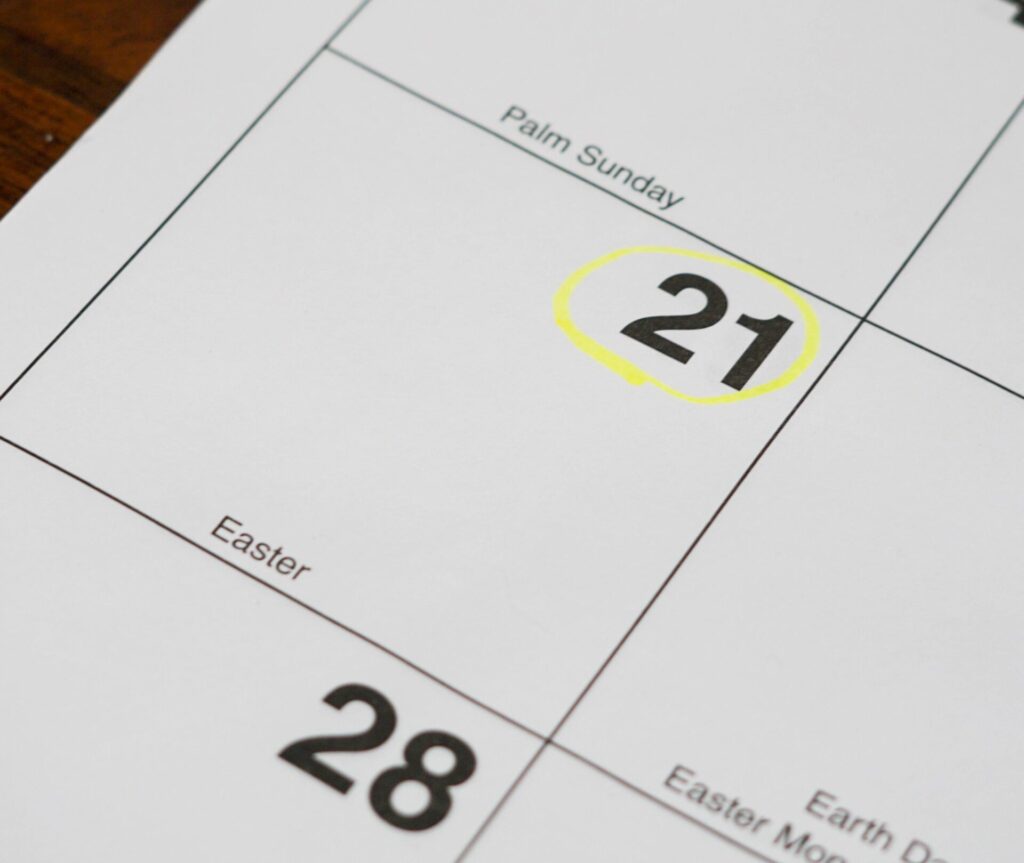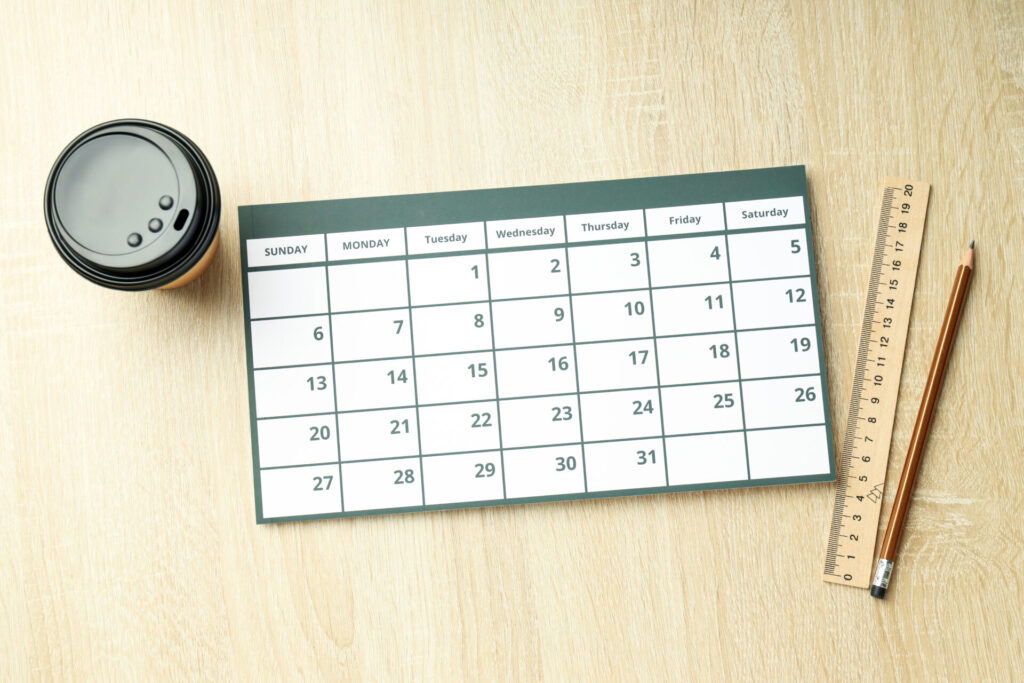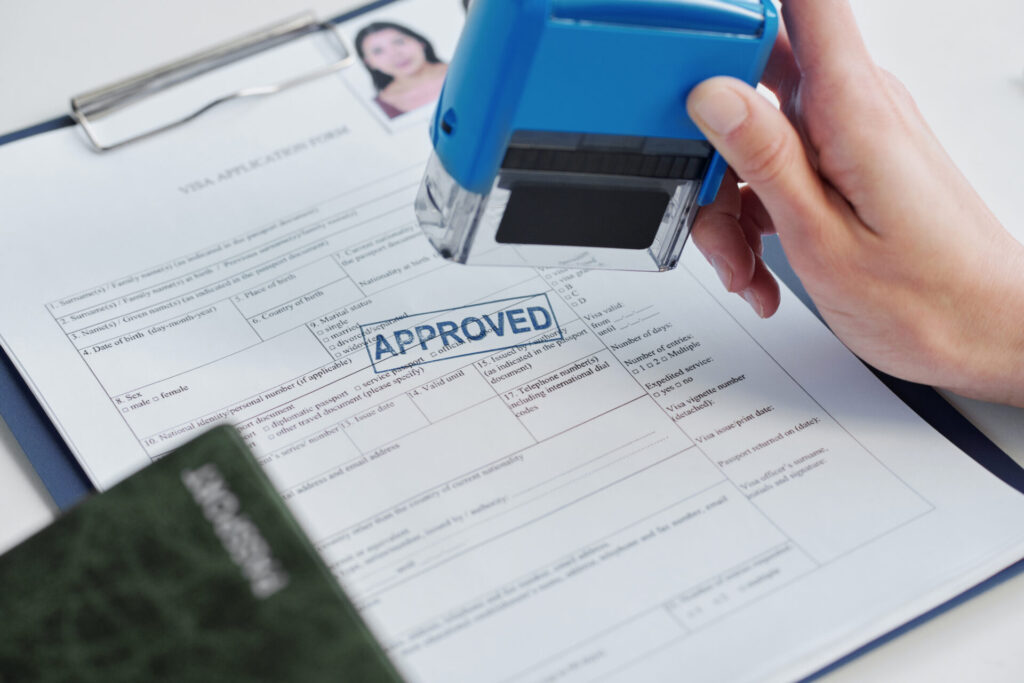
The role of a notary public is fundamental in ensuring the authenticity and legality of various documents. Among the many responsibilities of a notary, maintaining date accuracy stands out as a critical component of their duties. Accurate dating in notarial acts not only upholds legal standards but also safeguards the interests of all parties involved. This article explores the importance of date accuracy in notarial documents, outlining best practices, legal requirements, and the potential consequences of inaccuracies.
Table of Contents
Understanding the Role of a Notary

Notaries are public officials authorized to perform various legal formalities, primarily the authentication of signatures on documents. Their duties include verifying the identity of signers, ensuring the willingness of signers to sign without coercion, and maintaining a detailed record of their notarial acts.
General Duties and Responsibilities
A notary’s responsibilities encompass a range of tasks designed to prevent fraud and ensure the integrity of documents. This includes:
- Verifying Identity: Notaries must confirm the identity of the person signing the document, typically through government-issued identification.
- Assessing Willingness: The notary must ensure that the signer is acting voluntarily and understands the contents of the document.
- Maintaining Records: Keeping a detailed notarial journal is essential for tracking all notarial acts performed.
Specific Importance of Documentation and Verification
Documentation is the cornerstone of notarial duties. Accurate and thorough records provide a clear trail of evidence, which is crucial in legal disputes. Verification processes ensure that documents are executed correctly, protecting all parties involved. This includes not just the signer, but also any third parties relying on the document’s authenticity.
Common Notarial Acts
Notarial acts can vary, but the most common include:
- Acknowledgments: Confirming that the signer appeared before the notary and acknowledged signing the document.
- Jurats: The signer swears to or affirms the truthfulness of the contents of the document before the notary.
- Oaths and Affirmations: The notary administers an oath or affirmation to the signer, who declares that the document’s contents are true.
Legal Requirements for Notarial Acts in California

California has stringent laws governing notarial acts, designed to maintain the integrity of the notarization process. According to California Government Code Section 8202, a valid notarization must include the date on which the notarial act was performed. This requirement applies to all forms of notarization, including acknowledgments and jurats.
Required Elements for a Valid Notarization
For a notarization to be legally valid in California, several elements must be present:
- Date of Notarization: The specific date on which the notarization took place.
- Signatures: The signature of the notary and the signer(s).
- Notarial Seal: An official seal or stamp, which includes the notary’s commission number and expiration date.
The Role of Dates in Legal Compliance
The date is a crucial component for ensuring legal compliance. It serves as a timestamp that confirms the notarization took place on a specific day. This is particularly important in:
- Real Estate Transactions: Establishing the priority of liens and property transfers.
- Legal Contracts: Verifying the timeline of agreements and obligations.
- Court Documents: Ensuring the accuracy and timing of filed documents.
Why Date Accuracy is Crucial in Notarial Documents

Inaccurate dates on notarial documents can lead to severe legal implications. An incorrect date may render a document invalid, causing significant complications in legal and financial transactions.
Legal Implications of Incorrect Dates
Incorrect dates can jeopardize the legality of documents. For example:
- Invalid Contracts: A misdated contract might not be enforceable, leading to disputes and potential financial losses.
- Real Estate Issues: Property transactions could be delayed or invalidated due to incorrect notarization dates.
- Court Filings: Legal documents filed with incorrect dates may be rejected, impacting court proceedings.
Potential Consequences for Notaries and Clients
Errors in dates can result in professional repercussions for the notary, including:
- Legal Actions: Notaries can face lawsuits for negligence or malpractice.
- Fines and Penalties: State regulatory bodies may impose fines or other penalties.
- Commission Suspension or Revocation: Serious errors can lead to the suspension or revocation of a notary’s commission.
For clients, the consequences can be equally severe:
- Financial Losses: Incorrectly dated documents can lead to financial setbacks.
- Legal Disputes: Clients may face legal challenges due to invalid or disputed documents.
Case Studies or Examples of Issues Caused by Date Inaccuracies
One notable case involved a notary who mistakenly recorded the wrong date on a property deed. This error led to a delay in the sale, resulting in financial losses for both the buyer and seller. Another example includes a notary who incorrectly dated a power of attorney, causing confusion and legal challenges for the principal’s family.
Best Practices for Ensuring Date Accuracy

To avoid the pitfalls of date inaccuracies, notaries should adopt several best practices:
Steps to Verify and Record Dates Correctly
- Double-Check Dates: Always verify the date before finalizing the notarization. Cross-check with the signer’s identification and other documents.
- Use Reliable Tools: Utilize accurate and reliable tools, such as date stamps and electronic notary journals, to minimize human error.
- Stay Updated on Regulations: Regularly review and stay informed about state-specific notarial laws and regulations to ensure compliance.
- Maintain a Consistent Routine: Establish a routine for documenting dates and details in your notarial journal to develop a habit of accuracy.
Common Mistakes to Avoid
- Rushing the Process: Take your time to ensure all details, including dates, are correct.
- Neglecting Cross-Verification: Always cross-check dates against multiple sources, such as the document itself and the notarial journal.
- Overlooking State-Specific Requirements: Be aware of and adhere to California-specific notarial requirements.
Tools and Techniques for Maintaining Accuracy
- Electronic Notary Journals: These can help automate date entries and reduce human error.
- Date Stamps: Use date stamps to ensure consistency and legibility.
- Checklists: Develop a checklist to follow for each notarization, ensuring no step is overlooked.
Handling Date Discrepancies and Corrections
Despite best efforts, discrepancies can occur. When they do, it is crucial to handle them promptly and correctly. In California, if a notary discovers an error after the notarization, they should follow these steps:
Procedures for Correcting Date Errors in Notarial Documents
- Immediate Correction: Correct the mistake immediately if the document is still in possession. Draw a single line through the incorrect date, enter the correct date, and initial the change.
- Renotarize: California does not have a method for correcting notarizations so the notarization should be performed again.
- Notify Relevant Parties: Inform all relevant parties of the correction to maintain transparency and trust.
Guidelines for Addressing Discrepancies
- Document Everything: Keep detailed records of all corrections and communications related to the discrepancy.
- Consult Legal Counsel: If unsure about the correction process, seek advice from legal professionals.
- Maintain Professionalism: Handle discrepancies with professionalism to maintain your reputation and trustworthiness.
How to Document Corrections Properly
- Use Clear and Concise Language: When noting corrections in the notarial journal, be clear and concise.
- Include All Relevant Details: Document the nature of the error, the correction made, and the date and time of the correction.
- Obtain Signatures: If possible, obtain the signatures of all parties acknowledging the correction.
Impact of Date Accuracy on Document Validity

Date accuracy directly influences the enforceability of notarized documents. A correctly dated document ensures that the timeline of events is clear and unambiguous, which is crucial in legal contexts.
How Date Accuracy Affects Enforceability
- Legal Contracts: Accurate dates ensure that contracts are executed within the intended timeframe, avoiding disputes over timelines.
- Real Estate Transactions: Dates confirm the chronological order of property transfers and lien priorities.
- Court Documents: Properly dated documents are essential for the timely and correct processing of legal actions.
Relationship Between Date Accuracy and Document Authentication
Accurate dates help authenticate documents by providing a verifiable timeline. This is particularly important in:
- Estate Planning: Wills and powers of attorney must reflect accurate dates to ensure they represent the testator’s true intentions.
- Financial Agreements: Loan agreements, mortgages, and other financial documents require precise dating to establish obligations and deadlines.
Examples of Documents Where Date Accuracy is Particularly Important
- Real Estate Deeds: Establishing the correct transfer and recording dates is crucial for legal property ownership.
- Powers of Attorney: Ensuring the document’s validity and the principal’s intent requires accurate dating.
- Affidavits and Sworn Statements: Accurate dates verify the truthfulness and timeliness of statements made under oath.
Conclusion
Maintaining date accuracy in notarial documents is not just a matter of routine; it is a fundamental aspect of the notary’s role that ensures legal compliance and protects the interests of all parties involved. By understanding the importance of date accuracy, adopting best practices, and handling discrepancies appropriately, notaries can uphold the highest standards of their profession. Prioritizing precision in every notarial act ultimately reinforces the trust and integrity placed in notaries as key players in the legal and financial
systems.
Recap of Key Points
- Role of a Notary: Ensuring document authenticity and legality through careful verification and record-keeping.
- Legal Requirements: Adhering to California-specific laws, including the necessity of accurate dates.
- Importance of Date Accuracy: Avoiding legal implications, financial losses, and disputes by maintaining precise dating.
- Best Practices: Implementing reliable tools and techniques to ensure date accuracy.
- Handling Discrepancies: Correcting errors promptly and maintaining clear documentation.
- Impact on Document Validity: Ensuring enforceability and authenticity through accurate dating.
Final Tips for Notaries
- Stay Vigilant: Always double-check dates and details.
- Keep Learning: Regularly update your knowledge of notarial laws and best practices.
- Be Professional: Handle all notarizations and corrections with professionalism and integrity.
Accurate dating in notarizations is more than a procedural step; it is a commitment to excellence and trust in the notarial profession.
